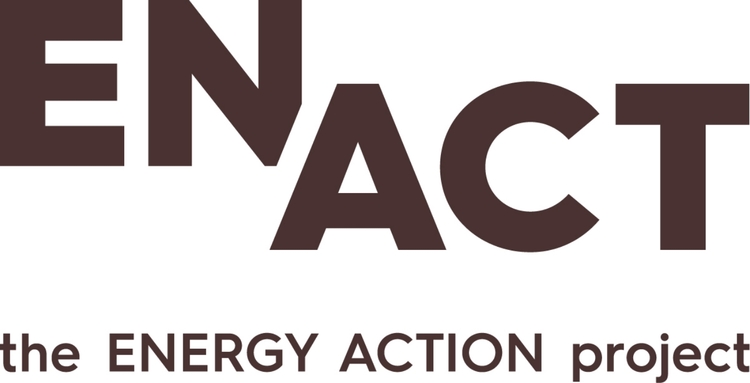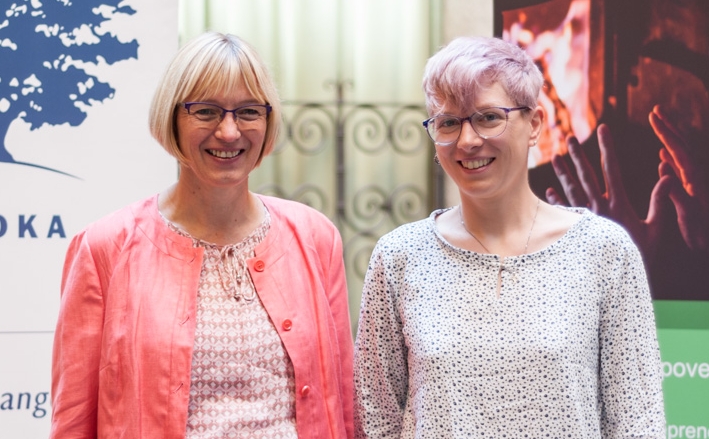Marlene Potthoff and Eva Marx, Stromspar-Check
Wanting to reduce the stress that high energy bills place on low-income households and prevent disconnections, Stromspar-Check saw an opportunity to also help unemployed people re-enter the workforce armed with valuable knowledge and skills.
In 2016, more than 300 000 German households had their electricity cut due to being in arrears on their bills. Knowing that disconnections are inconvenient—and costly—for both consumers and energy providers, Stromspar-Check came up with solution that delivers long-term benefits for all involved.
High energy prices in Germany mean low-income households spend a greater portion of already stretched budgets to keep appliances and equipment running. Studies show that such families often use very little energy, which might mean they are trying to get by, by doing without.
Educating consumers about energy behaviour was an obvious action to Stromspar-Check. Their primary innovation was involving people who have been unemployed for extended periods.
The program starts with training by energy efficiency experts, after which the ‘newly-minted’ energy advisors make two visits to low-income households. Initially, the advisors perform checks, monitor energy consumption and evaluate household behaviour. During the second visit, they install energy efficient devices (such as LED lights) and check how the family is managing. All of this is free of charge to families.
Monitoring by Stromspar-Check shows that after only one year, households involved in the program have seen their energy bills drop by 15%—often enough to make keeping up with payments possible, thereby avoiding disconnections. Which is a boon to energy providers.
Stromspar-Check is a collaboration of the German Caritas Association and the German Federation of Energy and Climate Protection Agencies (eaD), reflecting the fact that by reducing household CO2 emissions, the program also contributes to meeting Germany’s climate change targets.
Eva Marx and Marlene Potthoff, Project Leaders of Stromspar-Check, are jointly one of five winners among 15 finalists in the Social Innovation to Tackle Fuel Poverty Initiative launched by the Schneider Electric Foundation, the Ashoka Foundation, and Enel Group. Check out their video interview to learn more.




